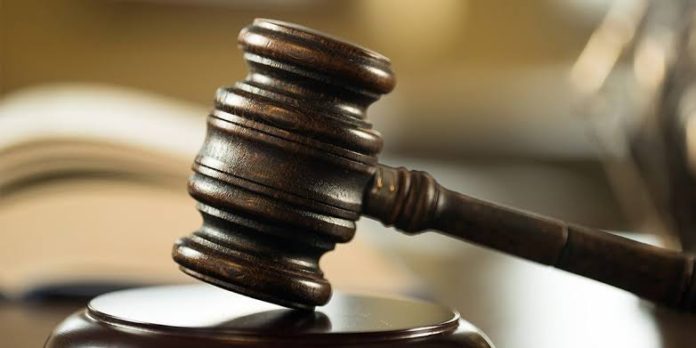The ECOWAS Court of Justice sitting in Abuja, on Friday, ordered the Federal Government of Nigeria to repeal or amend the provision of its cybercrimes law, which violates citizens’ right of expression.
Delivering the judgment of the three-man panel of the court, Justice Januaria Costa ordered the Nigerian government to make the law to align with its obligation under Article 1 of the African Charter on Human and Peoples’ Rights and the International Covenant on Civil and Political Rights.
A summary of the judgment released by the court’s media unit on Friday stated that the verdict “held the Nigerian government liable for the violation of the right to freedom of expression” with the enactment of Section 24 of the Cybercrime Act, 2015.
The said Section 24 of the law, criminalises sending from computer messages, considered to be among others, “grossly offensive, pornographic or of an indecent, obscene or menacing character or causes any such message or matter to be so sent,” or that the person “knows to be false, for the purpose of causing annoyance, inconvenience, danger, obstruction, insult, injury, criminal intimidation, enmity, hatred, ill will or needless anxiety to another or causes such a message to be sent.”
A civil society group, Laws and Rights Awareness Initiative, had, through its counsel, Mr Chukwudi Ajaegbo, filed the suit marked application ECW/CCJ/APP/53/18 on November 6, 2018, claiming, among others, that its members’ freedom of expression on the Internet or in the use of computer devices was limited/breached by Section 24 of the Cybercrime Act enacted by the Nigerian government.
The plaintiff further claimed that nine of its partners were arrested and detained in connection with the enforcement of the provision of Section 24 of the Cybercrime Act in violation of Articles 9 of the African Charter on Human and Peoples’ Rights, 19 of the International Covenant on Civil and Political Rights, and 39 of the Nigeria’s Constitution.
Opposing the suit, the Nigerian government argued that Section 24 of the Cybercrime (Prohibition and Prevention) Act 2015 was adopted as a legislative measure to give effect to freedom of expression as provided in Article 9(2) of the African Charter on Human and Peoples’ Rights, and was in accordance with provisions of Section 39(3) of the country’s 1999 Constitution.
Although the court upheld the plaintiff’s prayer seeking the striking down of Section 24 of the cybercrime law, it dismissed other claims of the plaintiffs contained in the suit for lack of evidence.
Other judges on the panel, Justices Dupe Atoki (presiding) and Keikura Bangura, agreed with Justice Costa, who delivered the judgment.
PUNCH.





